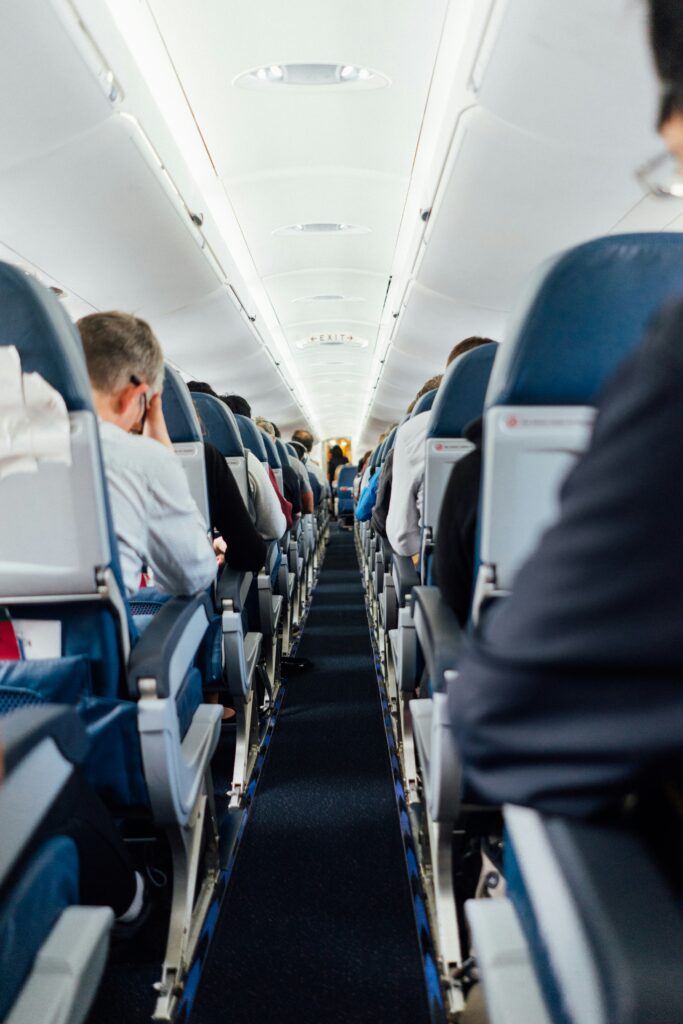Background: Saul Paul Airlines, a mid-sized carrier, faced challenges in aviation safety amid growing operational demands. Pre-intervention, the airline dealt with frequent near-misses tied to crew fatigue and hierarchical cockpits, echoing industry-wide issues from past accidents.
Before: Incident logs revealed 45 pilot error-related events annually, including communication breakdowns during emergencies, leading to delays and two minor ground incidents. A blame-heavy culture meant the junior crew hesitated to question captains, exacerbating risks in bad weather or mechanical issues.
Intervention: Drawing from Crew Resource Management (CRM) principles, the airline integrated four pillars into their training programs:
- Embrace the Normal: Emphasized human factors like fatigue as normal, incorporating simulations to normalize error discussions.
- Ditch the Blame Game: Shifted to non-punitive reviews, using culpability models to focus on system fixes over individual fault.
- Stay Alert to Weak Signals: Trained crews in preoccupation with failure, scanning for subtle cues like unusual instrument readings during pre-flight checks.
- Respond with Resilience: Enhanced CRM sessions with team-based scenarios, empowering all crew members to adapt dynamically, much like in successful emergency landings.
After: Aviation safety metrics improved dramatically, with pilot error incidents halved and overall fatalities in commercial aviation dropping industry-wide due to similar CRM adoptions. Saul Paul Airlines reported a 30% reduction in delays from better team coordination, boosting on-time performance to 92% and earning safety awards for resilient operations




